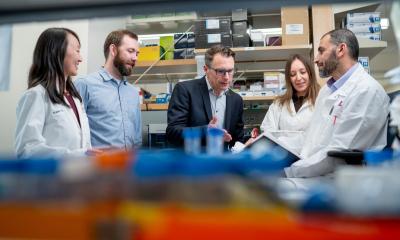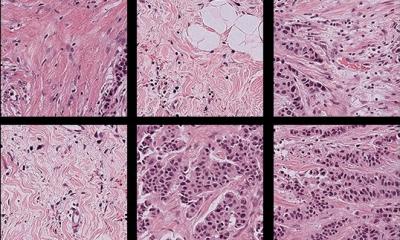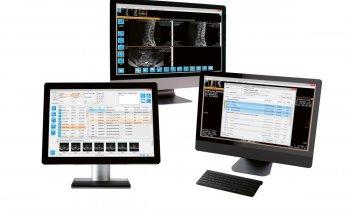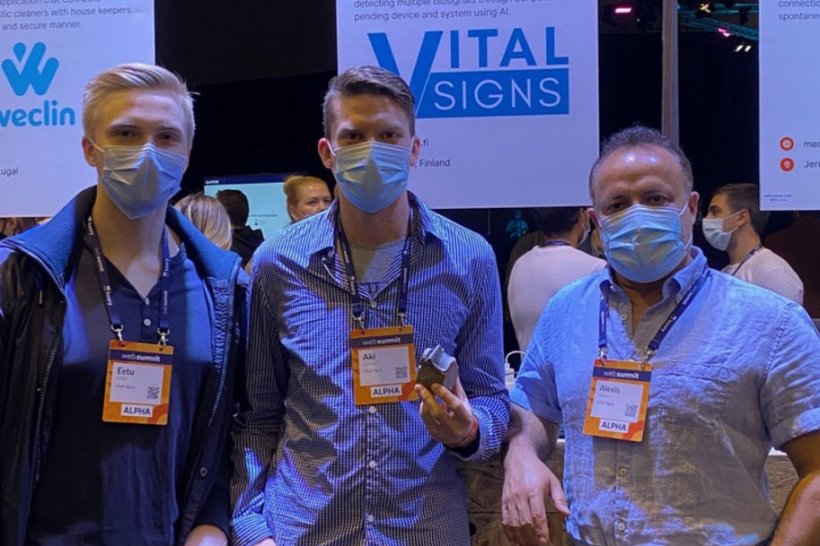
Image source: Aalto University
News • Diagnostic advance
New AI assisted device could soon replace traditional stethoscope
A stethoscope is one of a doctor's most important instruments, but there haven't been any fundamental improvements in the device itself since the 1960s.
Now, researchers at Aalto University have developed a device that analyses a broad range of bodily functions and offers the doctor a probable diagnosis, as well as suggestions for appropriate further examinations. The researchers believe that the new device could eventually replace the stethoscope and enable quicker and more precise diagnoses. A startup called Vital Signs is taking the device to the market. The researchers are currently testing the device in a clinical pilot trial. Their intention is to launch the product in the most significant European markets by the end of 2023. ‘We have a well-functioning prototype, and the development path is clear,’ says Alexis Kouros, the doctor leading the research team at Aalto.
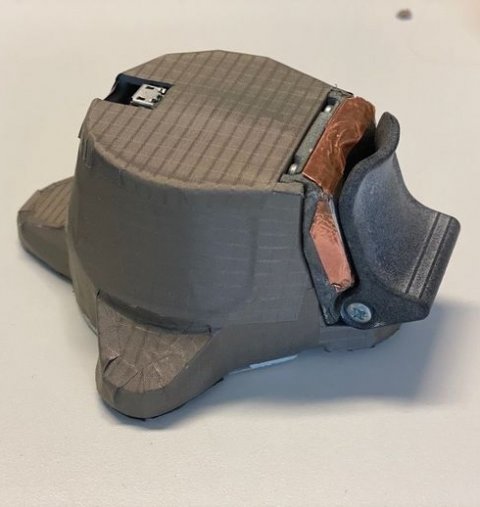
Image source: Aalto University
Vital Signs will be at Slush on Dec 1-2 and will take part in the Slush 100 pitching competition. The startup has reached the semifinals, a shortlist of the 20 best startups from the original pool of 100 candidates. ‘I’m proud to present our work, as we can really impact people’s lives with it. If financial success comes alongside this, good,’ says Kouros, describing his mood before the big event.
The new device records various bodily sounds and examines a broad range of characteristics, from oxygen saturation to pulse, ECG and temperature. It uses artificial intelligence to analyse this data together with information from a range of databases about patient records, laboratory results, medication and more. Following this analysis, the system presents the most probable diagnosis to the doctor in the form of a color-coded word cloud. It also offers a list of further examinations that could prove useful. No additional work is needed by a doctor to make use of the device.
The research behind this began with the Biodesign-project, a concept developed at Stanford University in which a multidisciplinary team explores a hospital environment for weeks to identify and study areas that need improvement and to develop innovations to address them. The research team behind Vital Signs took part in the project in 2019. At the time, it also involved researchers from the University of Helsinki and the Hospital District of Helsinki and Uusimaa. After this initial phase, the project continued only at Aalto University, where it received funding from Business Finland. The project at the university will end in a few months, after which the work will continue in the startup.
Source: Aalto University
30.11.2021



